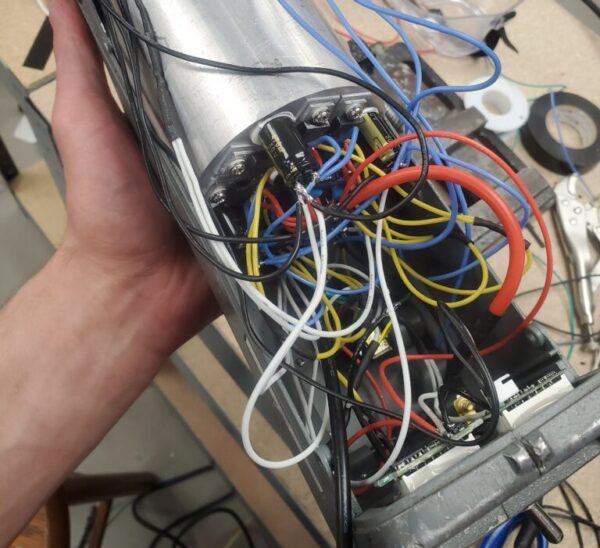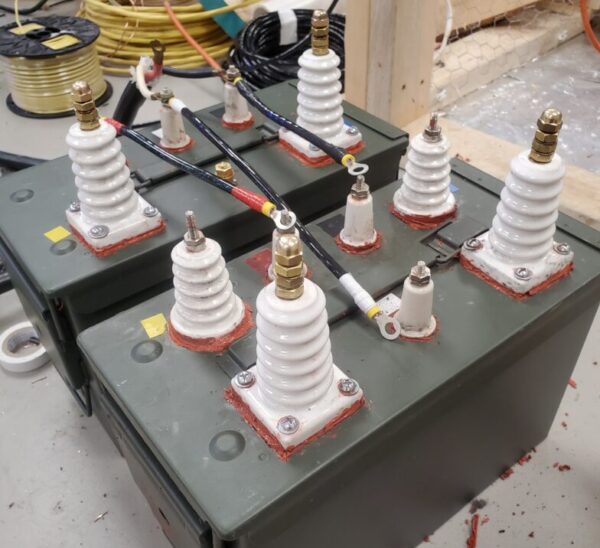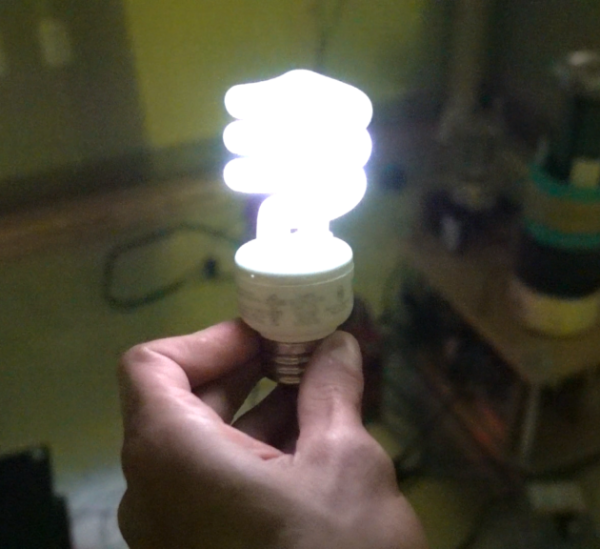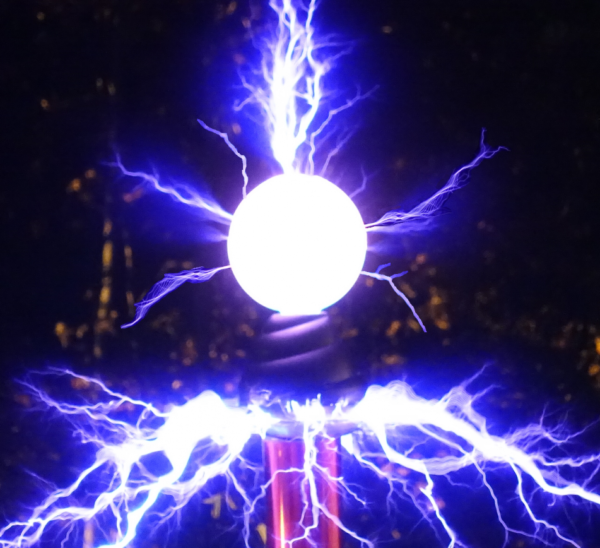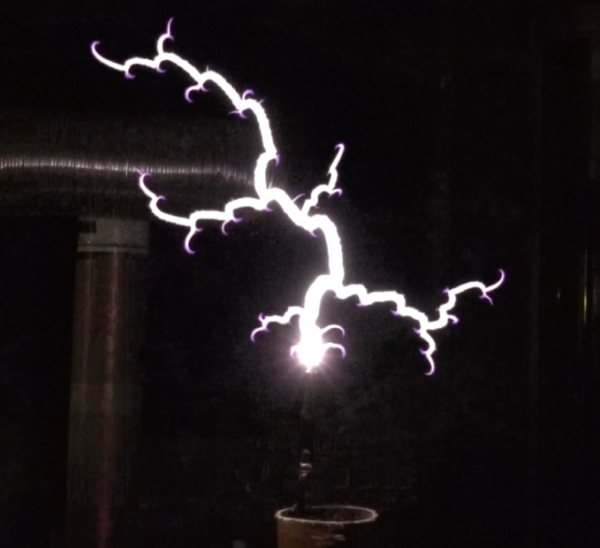ELECTRONICS FAQ
Here are some of my most frequently asked questions regarding electronics. First and foremost I should point out that electronics is a HUGE field spanning many different applications and specialties. A expert in one aspect of electronics may only know a little bit about another specialty. The possibilities are endless and this can be overwhelming to a newcomer, but even so, it’s hard to find a better technical field for self learning than electronics.
There are plenty of resources online for learning electronics, so I’m just going to briefly go over some beginner tips as well as some common questions I get regarding the circuits I show in my videos.
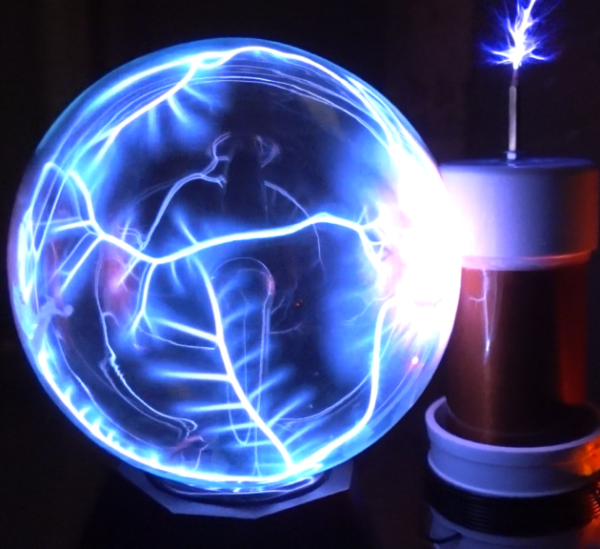
LEARNING ABOUT ELECTRONICS
Q: How do I learn about electronics?
A: There’s no single correct way to learning electronics, but some ways of getting started are better than others. Some tips: Learn Ohm’s law and Kirchhoff’s circuit laws. Put together a simple electrical toolkit. Find a simple electronics project online that looks interesting and try to replicate it. If you can pull that off, try something harder. Be prepared to fail, because troubleshooting is a great part of the learning process. When something doesn’t work, take the time to figure out why. Familiarize yourself with the basic components of circuits like resistors, transformers, capacitors, MOSFETs, etc. Read datasheets and look up terms you don’t understand. Get yourself some basic electrical tools. Do not start off electronics by jumping into high voltage circuits!
I’ve seen several recommendations for the book “The Art of Electronics” by P. Horowitz for learning about electronics, but I have yet to read it myself so I can’t comment on it.
Q: What tools do I need to work with electronics?
A: You don’t need much to dive deep into electronics. For starters I’d recommend a multi-meter, a soldering iron + solder, a micro screwdriver kit, some wire, wire cutters, and some cheap component kits so you don’t have to order individual 2 cent components and wait forever for them to arrive.
Q: Where can I get electrical tools and components?
A: For things like wire, wire cutters, or even cheap multimeters, you can usually buy this stuff at hardware stores. A lot of valuable parts to hobbyists can be pulled from electronics that are either being thrown away or sold for next to nothing at thrift shops or garage sales. Of course, you can also buy most of what you need online, but there are some important considerations you must take into account to avoid being scammed.
Q: Where can I buy electrical components online?
A: Mouser and DigiKey are two great sites for ordering parts, and there are more sites out there as well. You may be tempted to order components from eBay or Amazon, but this will often you scammed. For things like resistors and small capacitors these sites are fine, and for things like old surplus and very high power stuff, eBay is often the only source. When it comes to things like diodes, transistors, and many other components, the stuff on eBay and Amazon are almost ALWAYS fakes. I’ve learned this the hard way like many others. The small amount of money you’d save by buying on these sites isn’t worth all of the hair you’ll rip out when your circuit doesn’t work and it’s because you bought fakes.
See these diodes in my cereal? I got scammed buying 1N4007 diodes on eBay. I tried saving a half a cent a piece by buying this common diode in bulk on eBay, but they exploded at only 10% of their rated blocking voltage. Thus, they were only useful for memes.
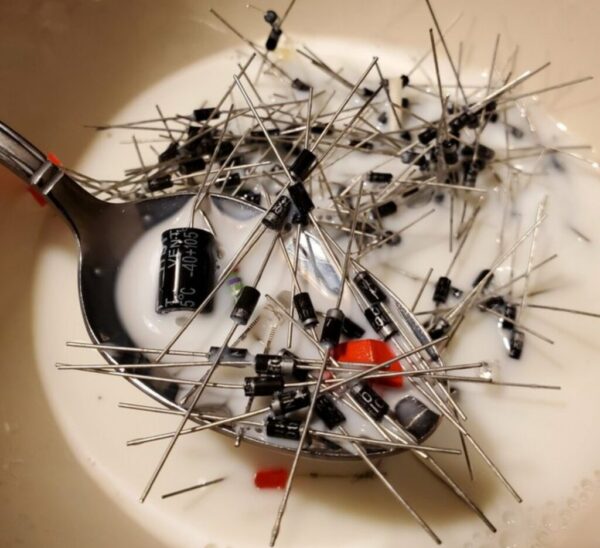
Q; What is a cool beginner electronics project?
A: The slayer exciter is in my opinion one of the coolest electronics projects that can be built by a beginner. Strictly speaking it is not a true Tesla coil, but it does operate like one. It’s great for experimenting with wireless energy transfer, and it doesn’t require many components to build. Electroboom has a good writeup and video on the topic here.
HIGH VOLTAGE
Q: Should I wear a grounding strap while working with high voltage?
A: NO!!
Q: What is a MOT?
A: Microwave Oven Transformer, AKA a device that turns curious noobs into a smoldering pile of ash. They are good for roughly 2kV at a half an amp and thus are EXTREMELY lethal. These are by far the deadliest salvaged component used by electrical hobbyists, and a handful of people die every year playing around with them. While they certainly can be useful in projects, MOTs are NOT forgiving if you make a mistake.
Some good resources for high voltage projects and info:
more coming soon…
